Get started with a free trial.
7 ANTI-AGING FOODS
In the quest for longevity, what’s on your plate matters more than you think. Add years to your life by adding these anti-ageing foods to your diet.
BRAIN BOOSTER: OLIVE OIL
The human brain is approximately 60% fat so it makes sense that the type of fat in your diet plays an important role on your brain health. Countless studies have shown that swapping to olive oil in cooking could help boost brain power and prevent memory loss thanks to oleocanthal – a plant compound unique to olive oil known to safeguard the brain and body from various brain-related inflammatory diseases, such as alzheimers and dementia.
Tip: Regardless of popular belief, good quality extra virgin olive oil can be used for high temperature cooking such as deep-frying, although its stronger flavour makes it more suitable for dressings, marinades, sauces and low-heat cooking. Light olive oil is best suited to stir-fries and frying.
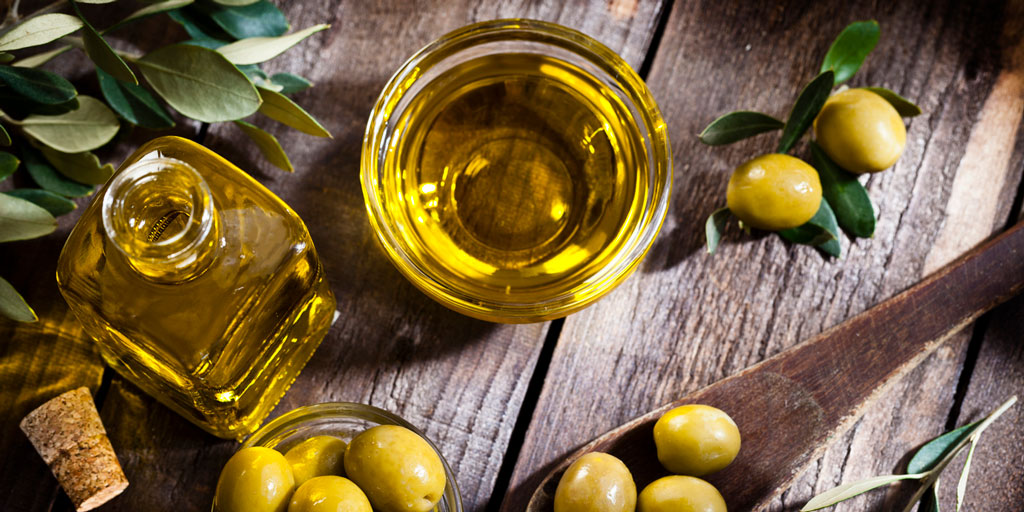
BELLY FAT: WHOLE GRAINS
Research consistently shows that regular consumption of whole-grain foods as part of a healthy diet can help fight belly bulge and prevent weight gain. How? Whole grains are rich in fibre and low glycemic (GI) carbs to help keep insulin levels low, which in turn speed up the fat-burning process. Whole grains also contain a unique range of fibres which are more powerful at preventing weight gain compared with fibre from fruit and vegetables.
Tip: Your goal is four servings of whole grains a day. Think ½ cup cooked oats or quinoa porridge for breakfast, 1-2 slice of wholegrain bread for lunch, 30g popcorn for snack, and 1/2 cup cooked wholegrain pasta, brown rice, or barley for dinner.
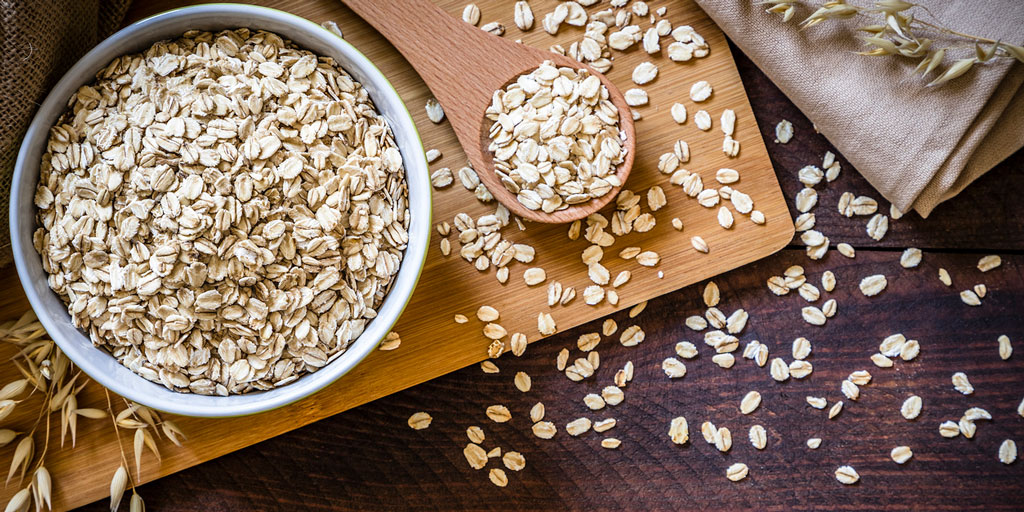
BONES: VITAMIN D
Despite the abundance of sunshine available, many Australians do not have adequate vitamin D levels which the body heavily relies on to absorb bone-strengthening calcium. While 90 per cent of vitamin D is being made when the sun’s UV rays strike your skin, foods like oily fish, eggs, milk, mushrooms and fortified products provide a dollop of your daily vitamin D.
Tip: To boost vitamin D, aim to get 15 minutes of sensible sun exposure every day (even in winter), combined with Vitamin D-rich foods. Certain people may benefit form vitamin D Supplementation – best to speak with your doctor first.
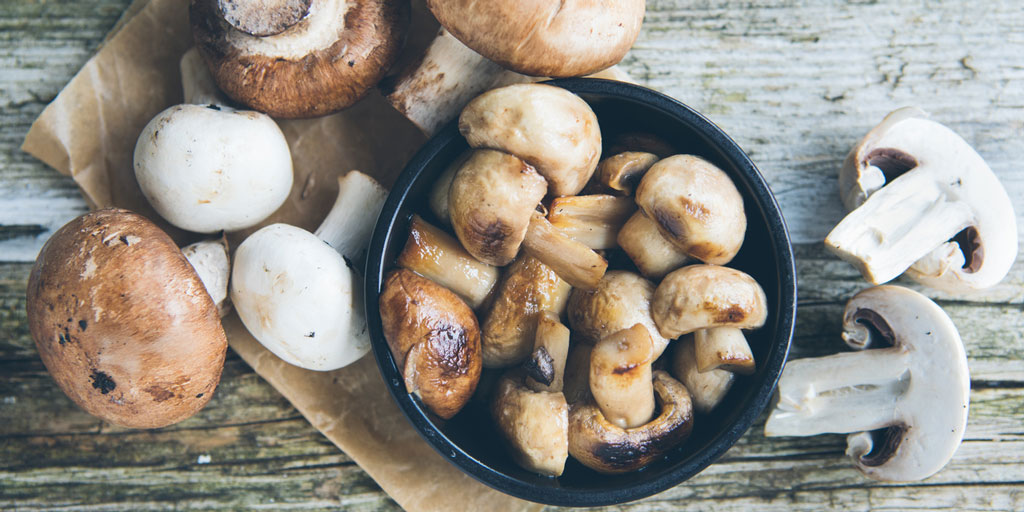
HEART HEALTH: OILY FISH
It is well known that the unsaturated fats in fish, called omega-3 fatty acids reduce the risk of a heart attack. Experts aren’t sure of the exact mechanism, but it’s believed they help lower blood triglycerides (a type of fat in the blood), making it less likely to clot and block blood flow.
Tip: It’s recommended to eat two to three serves of oily fish per week. Salmon, trout, herring, sardines and tuna contain the most omega-3 fatty acids and therefore the most benefit. If fish isn’t your thing, try flaxseed oil for salad dressing or snack on a handful of walnuts. Omega-3 fish oil supplements may also be beneficial. Again speak to your doctor first.
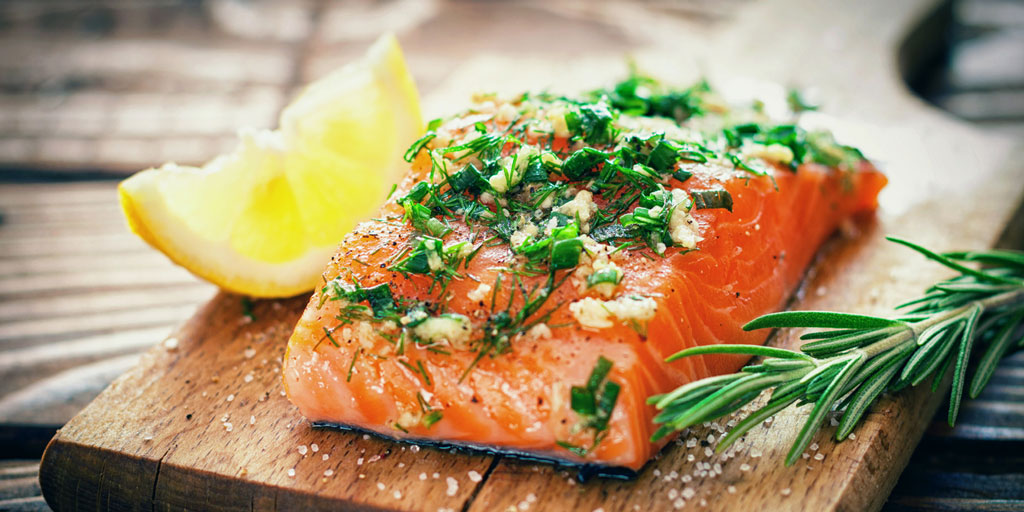
DIGESTION: YOGHURT
Yoghurt is one of the few foods that contain ‘live’ probiotics, such as acidophilus – a type of beneficial bacteria which helps aid digestive balance and maintain healthy gut flora. When your gut is working right, it can better absorb all of the nutrients your body needs from your diet.
Tip: To make yoghurt a staple in your daily diet, try replacing mayonnaise and cream in soups and salad dressings, or use as a tasty addition to fruit salads, muesli or a smoothie. Choose low-fat and low-sugar varieties where possible.
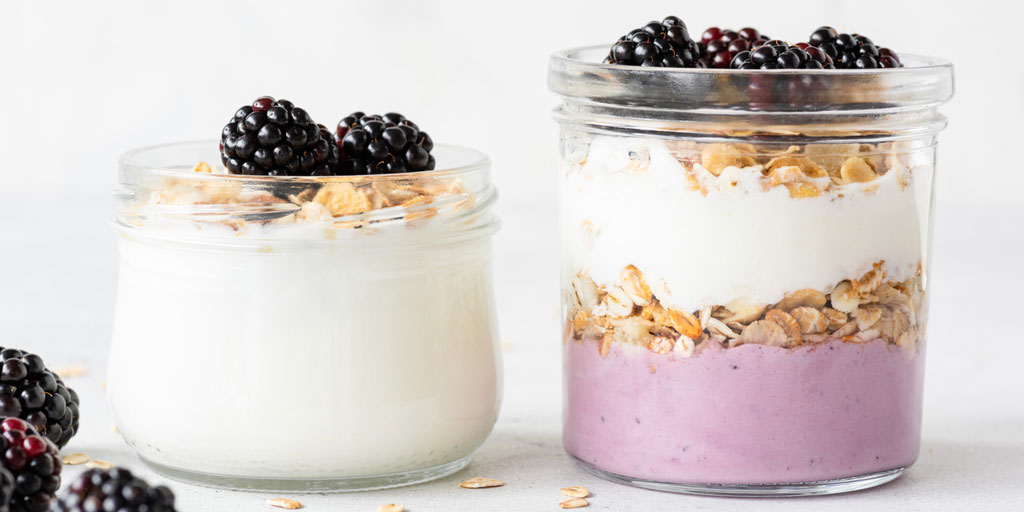
IMMUNITY: RAW GARLIC
Garlic has a well-known reputation to fight germs and help fend off the common cold and flu. These garlic benefits are mostly attributed with allicin – a plant compound known for its antiviral properties and, of course, garlic’s characteristic smell.
Tip: Ditch the salt and replace a few cloves of fresh garlic to your pasta sauce or stir fry for a flavour boost. If you can’t stomach it or put up with foul-smelling breath, opt for an aged garlic extract, which also has the added benefit of being odourless.
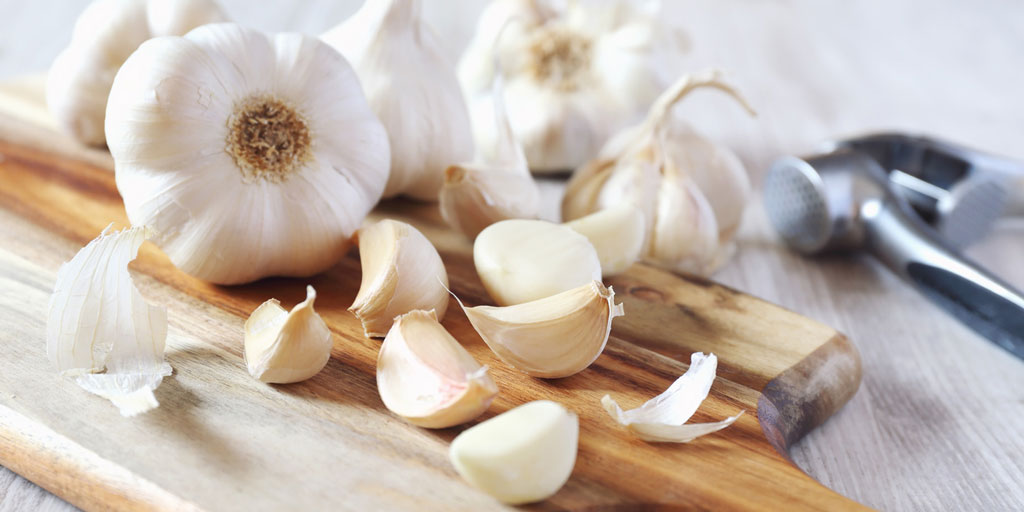
WRINKLES: BLUEBERRIES
Compared to other commonly consumed fruits, blueberries are the highest-ranking food source of anthocyanins – a skin-loving antioxidant that helps to fight damaging free radicals from your skin and body that cause premature ageing. Bonus: They’re low in calories and loaded with fibre – so they will fill you up without filling you out.
Tip: Fresh or frozen, blueberries can turn an ordinary dish into something special. Blitz into a smoothie, top your porridge, or lather into baked goodies or pancakes.
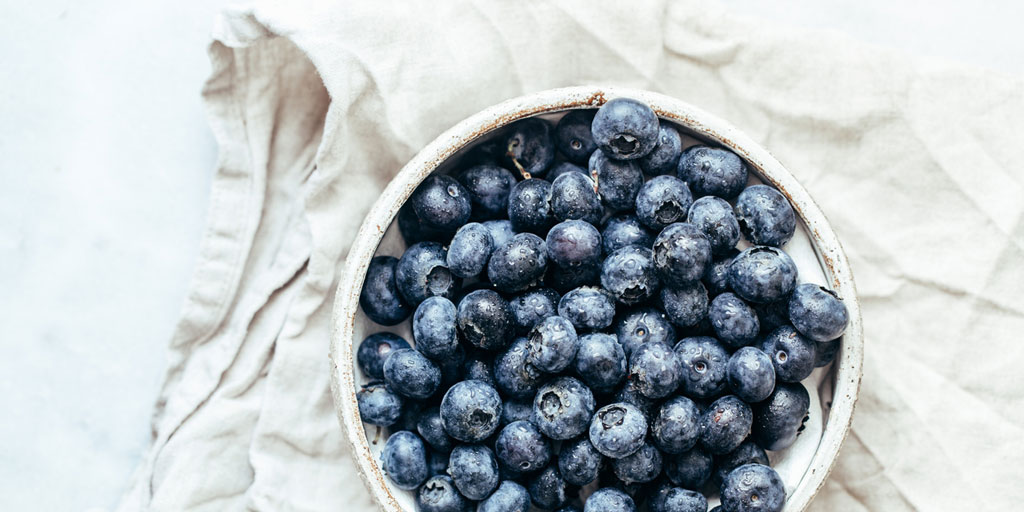
Filter
Show by